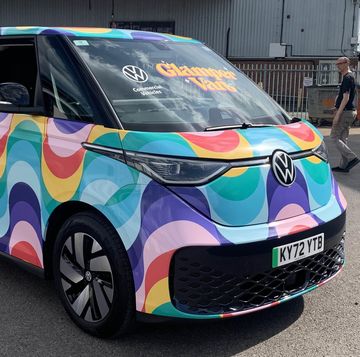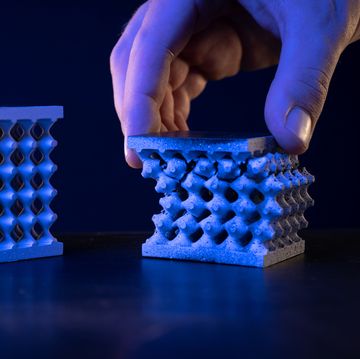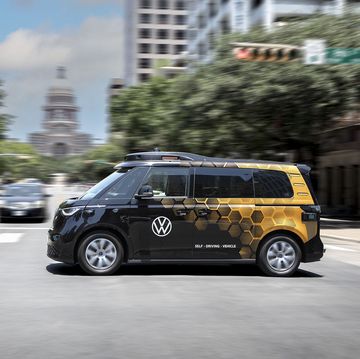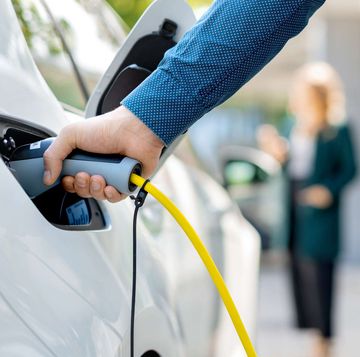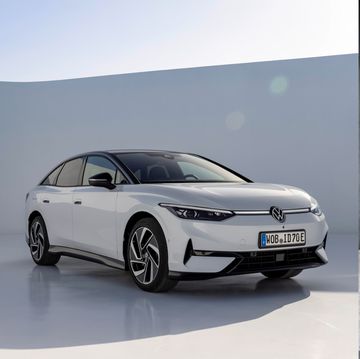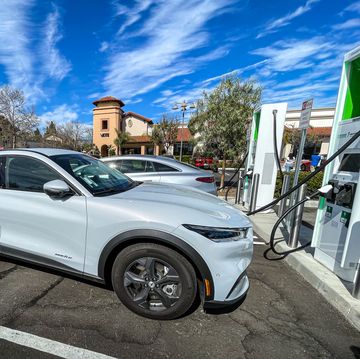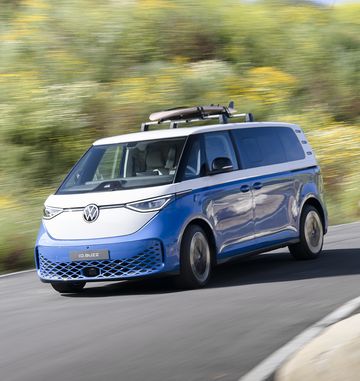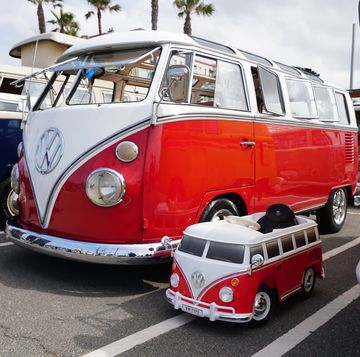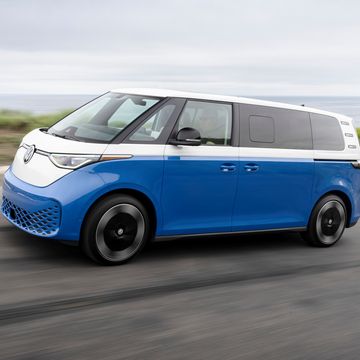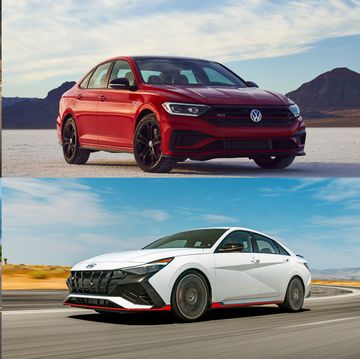- Volkswagen reveals "Accelerate Forward/Road to 6.5" program, planning to achieve a return on sales of 6.5% through cost-cutting measures.
- The automaker plans to discontinue the Arteon sedan (pictured above) just four years after launching it in the US, signaling some other models and variants are also on the chopping block.
- VW plans to focus on a smaller number of core models, citing too many versions of existing vehicles, as it continues to roll out new EVs.
The age of electrification has certainly brought with it a promise of greater platform sharing, as automakers aim to maximize the number of vehicles they can offer on a single architecture. But increasing efficiency across the brands of a large automaker also means that some models will not make the transition from internal combustion to EV models at all.
This week Volkswagen revealed a global program dubbed "Accelerate Forward/Road to 6.5," looking to increase performance and profitability while also working to reduce complexity by focusing on a smaller number of core models, with 6.5 referring to achieving a return on sales of 6.5% in order to generate enough profit for future investments, including in electric vehicles.
"The program is the number one priority for the entire Board of Management. We must build new strength for the Volkswagen brand and position it robustly for future growth, which is why we are now getting an enormous concerted effort off the ground," said Volkswagen CEO Thomas Schäfer.
Among other things, reducing complexity means that a number of current models and variants will be discontinued, including the Arteon. The automaker explicitly mentioned this premium sedan, giving an example of models that will be cut.
Of course, the ID.7 electric sedan will play the role of a roomy sedan in Wolfsburg's lineup very soon, with VW staking quite a bit on the project that has already faced some delays. But other internal-combustion models and variants could also see cuts.
"We will focus on a small number of—though genuine—Volkswagen core models. This will reduce complexity and deliver higher profits," Schäfer added.
The Arteon, once seen as an attempt at a smaller Phaeton, was also seen by industry observers as encroaching on Audi's lineup without a demonstrated objective need to do so, pulling the VW passenger car brand further upmarket at Ingolstadt's expense, exacerbating the shortage of truly affordable models at VW dealerships.
The automaker also indicated that it intends to focus on two main platforms in the near future as part of reducing complexity, including the Modular Transverse Toolkit (MQB) that already underpins vehicles as different as the Golf and the Atlas, and the Modular Electric Drive Toolkit (MEB) that underpins the majority of new EVs the automaker produces on three continents, spanning several brands.
Volkswagen also revealed plans to achieve more synergies with its existing brands, focusing on multi-brand plants using common vehicle platforms. VW has already mastered this tactic in past decades, especially since purchasing the SEAT and Skoda brands in the 1980s and 1990s, respectively. In the near future, the development of a small and affordable EV will be headed by VW's Spanish division.
"For example, production within the Volume brand group will be geared even more systematically to multi-brand plants and vehicle platforms in the future. For example, in connection with VW's planned entry-level electric vehicle costing around 25,000 euros, SEAT/CUPRA is to take the lead," the automaker indicated.
VW's efforts to cut costs are taking on a renewed urgency as the automaker works to go from a lineup with some electric models, to a lineup of mostly electric models in a matter of years. Wolfsburg's ID models have certainly begun arriving in multiple markets, though not without delays and not without a few stumbles.
Now, the automaker will be forced to make some choices regarding which segments to keep, and which ones to reinvent as EVs with the help of the MEB platform.
Are there any other VW models the automaker should consider dropping as it switches to an EV lineup, besides the Arteon? Let us know in the comments below.

Jay Ramey grew up around very strange European cars, and instead of seeking out something reliable and comfortable for his own personal use he has been drawn to the more adventurous side of the dependability spectrum. Despite being followed around by French cars for the past decade, he has somehow been able to avoid Citroën ownership, judging them too commonplace, and is currently looking at cars from the former Czechoslovakia. Jay has been with Autoweek since 2013.


